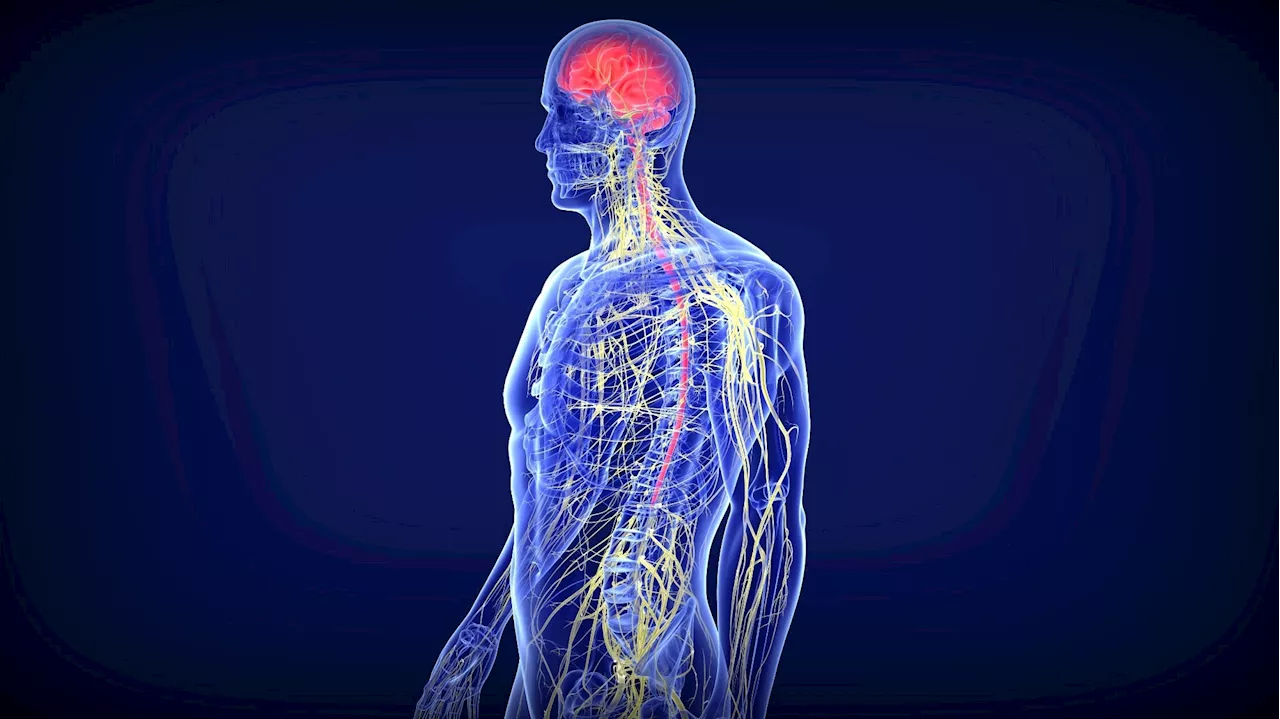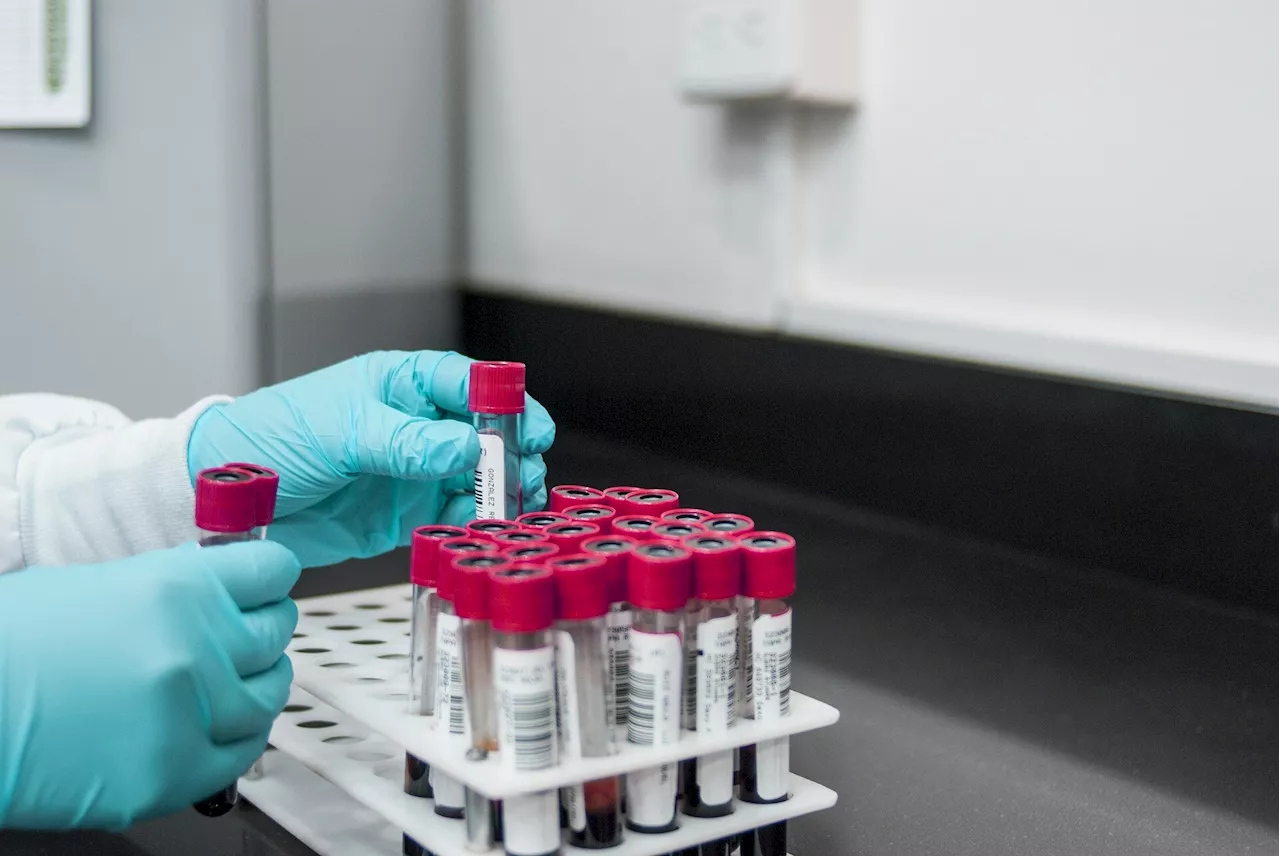Creatine kinase M2 (CKMT2) plays a key role in mitochondrial dysfunction in type 2 diabetes, affecting energy metabolism in skeletal muscle.
By Dr. Priyom Bose, Ph.D.Reviewed by Benedette Cuffari, M.Sc.Oct 10 2024 Discover how CKMT2 controls energy balance and mitochondrial health in skeletal muscles, revealing a new link between metabolism and type 2 diabetes management.
Creatine serves as an energy shuttle due to its ability to store and transport ATP across the cell membrane. Creatine metabolism is associated with various pathophysiological functions, including immune responses to macrophages. To rapidly hydrolyze ATP into adenosine diphosphate to phosphorylate creatine, CKMT2 functionally co-localizes with the adenine nucleotide translocator . Although some studies have indicated that CKMT2 is a vital regulator of mitochondrial respiration and oxidative phosphorylation in skeletal muscle, the functional role of CKMT2 in skeletal muscle metabolism in type 2 diabetes remains unclear.
Study findings Higher circulating fasting creatine levels were observed in plasma samples of men with type 2 diabetes and negatively correlated with the expression of the creatine transporter solute carrier family 6 member 8 in skeletal muscles. Reduced phosphocreatine levels were also observed, along with elevated intramuscular creatine content, both of which correlated with CKMT2 expression in skeletal muscles.
Mitochondria Muscle Type 2 Diabetes Adenosine Adenosine Triphosphate Adipose Biopsy Brain Cell Cell Membrane Creatine Diet Fasting Genes Glucose Insulin Insulin Resistance Intracellular Kinase Macrophage Medicine Membrane Metabolism Nitric Oxide
United Kingdom Latest News, United Kingdom Headlines
Similar News:You can also read news stories similar to this one that we have collected from other news sources.
 The importance of mitochondrial function in health and diseaseThe World Mitochondria Society (WMS) is preparing for its annual Targeting Mitochondria 2024 conference, which will focus on innovative strategies to 'charge' cells by supplying them with extra mitochondria to enhance cellular function and combat diseases.
The importance of mitochondrial function in health and diseaseThe World Mitochondria Society (WMS) is preparing for its annual Targeting Mitochondria 2024 conference, which will focus on innovative strategies to 'charge' cells by supplying them with extra mitochondria to enhance cellular function and combat diseases.
Read more »
 GLP1RA could drugs lower high iron levels, study findsGLP1RA agonists have been increasing in popularity for treating obesity and type 2 diabetes.
GLP1RA could drugs lower high iron levels, study findsGLP1RA agonists have been increasing in popularity for treating obesity and type 2 diabetes.
Read more »
 New evidence connects ultra-processed foods to rising diabetes ratesResearchers determine how different degrees of food processing impact type 2 diabetes risk.
New evidence connects ultra-processed foods to rising diabetes ratesResearchers determine how different degrees of food processing impact type 2 diabetes risk.
Read more »
 Disrupted glucose transport in oligodendrocytes linked to myelin thinning and aging in new researchThis study uncovers how oligodendroglial lipid metabolism supports myelin homeostasis and axonal function under metabolic stress, crucial for neurodegeneration.
Disrupted glucose transport in oligodendrocytes linked to myelin thinning and aging in new researchThis study uncovers how oligodendroglial lipid metabolism supports myelin homeostasis and axonal function under metabolic stress, crucial for neurodegeneration.
Read more »
 New blood test identifies obesity-related health risks in childrenA new type of blood test using lipids could make it easier to identify children at risk of complications around obesity including type two diabetes, liver and heart disease, say scientists.
New blood test identifies obesity-related health risks in childrenA new type of blood test using lipids could make it easier to identify children at risk of complications around obesity including type two diabetes, liver and heart disease, say scientists.
Read more »
 New blood test could be an early warning for diabetes in childrenA new type of blood test using lipids could make it easier to identify children at risk of complications around obesity including type two diabetes, liver and heart disease, say scientists.
New blood test could be an early warning for diabetes in childrenA new type of blood test using lipids could make it easier to identify children at risk of complications around obesity including type two diabetes, liver and heart disease, say scientists.
Read more »
